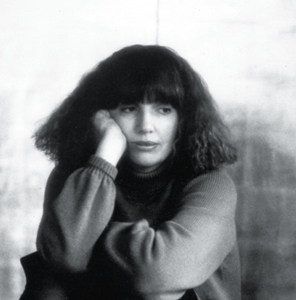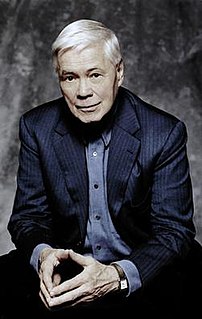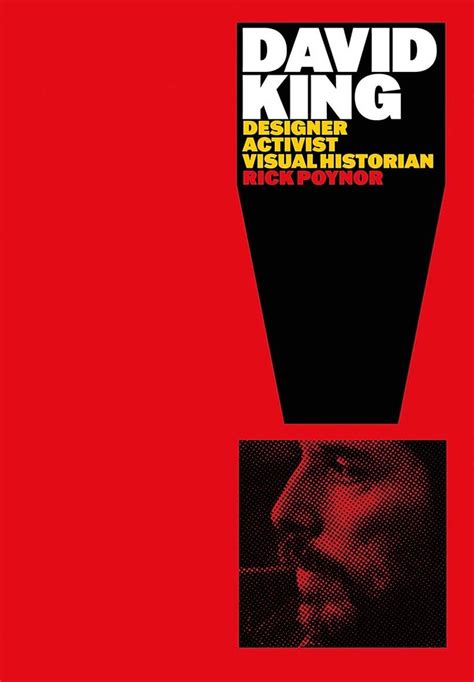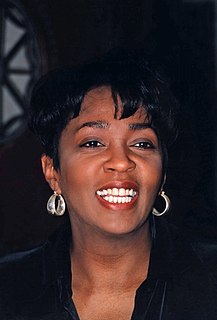A Quote by Cecelia Ahern
Love is not a theme. It's an atmosphere, a mood.
Quote Topics
Related Quotes
Politics becomes a part of a writer's working life. The writer's protagonists are born in the context of the feelings that this atmosphere evokes. How can writers separate themselves from these feelings and create protagonists that come from Mars? Even writers who only write about psychological or internal issues or about love are writing under their prevailing atmosphere, and their writings will take on the hue of the time, place, and mood of their environment.
So this is supposed to be about the how, and when, and why, and what of reading -- about the way that, when reading is going well, one book leads to another and to another, a paper trail of theme and meaning; and how, when it's going badly, when books don't stick or take, when your mood and the mood of the book are fighting like cats, you'd rather do anything but attempt the next paragraph, or reread the last one for the tenth time.
I found this really fantastic used record store in Japan, and I bought all these different records and different 45s, and one of the 45s was just, it had the theme, "Green Leaves of Summer," the theme to "The Alamo" on one side, and then on the flip side was a theme to, the theme to "The Magnificent Seven."
I don't always know what's going to go on in terms of the mood of the story. Sometimes I start with the mood, but sometimes I just try to work toward discovering it. But I do think often there's a mood or unsettling quality, in which the reality of the world seems to be taken away, that I really love, and it's something that I almost always unconsciously move toward.







































